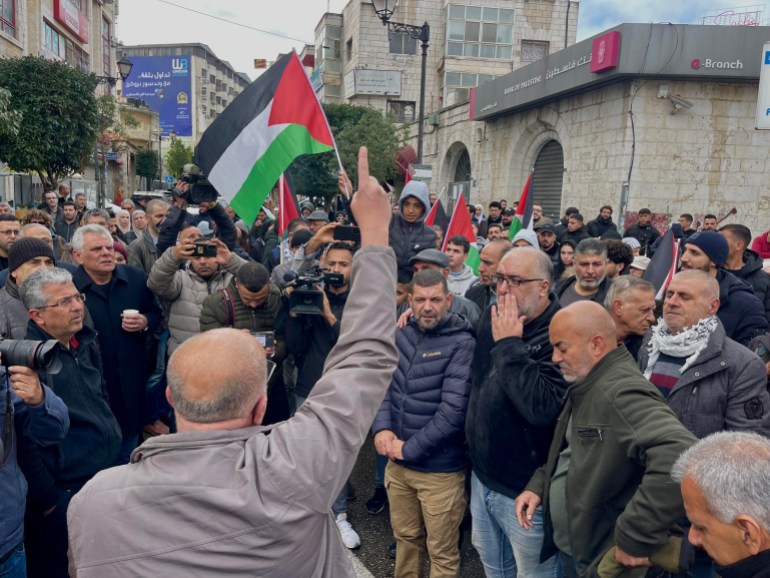The strike was called by Palestinian armed groups that asked people to stay home on Wednesday and only leave to march in demonstrations against the drone attack on the outskirts of Beirut.
The slain men are Saleh al-Arouri, who was also the commander of the Qassam Brigades in the occupied West Bank; Samir Fendi, who commanded the Qassam Brigades in Lebanon; Azzam al-Aqraa, who commanded the Qassam Brigades in southern Lebanon; and members Mahmoud Shaheen, Mohammed al-Rayes, Mohammed Bashasha and Ahmed Hamoud.
All seven will be buried in Lebanon. Funerals will be held for Hamoud and Shaheen on Wednesday in the Burj al-Barajneh camp for Palestinian refugees and Taalbaya, respectively. Al-Arouri will be buried on Thursday in the Shatila refugee camp while Fendi is to be buried on Friday in the Rashidiya refugee camp and Mohammed Bashasha will be buried on the same day in Sidon.
In al-Arouri’s hometown
Al-Arouri came from Aroura, a town near Ramallah in the occupied West Bank. Many locals were mourning his death, and streams of visitors went in and out of his family home on Wednesday to pay their respects.
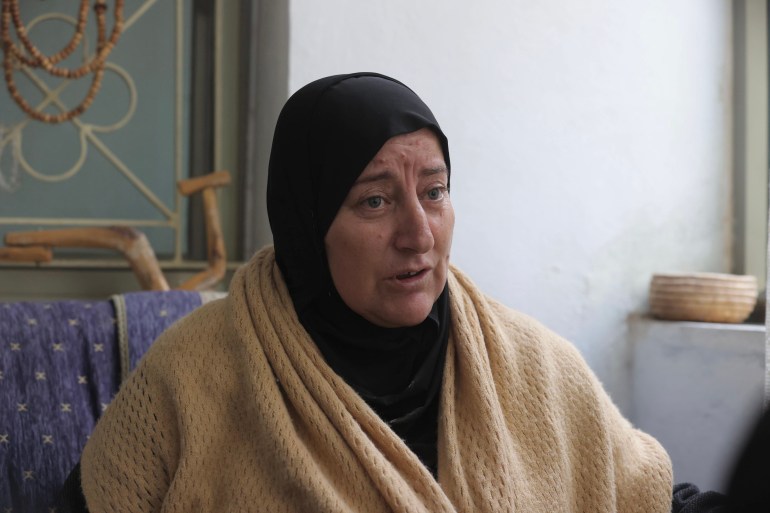
His sister Dalal Muhammad Suleiman, 52, described his passing as a seismic event and praised his humility and strength of character, saying he was “like a mountain”.
But her brother had long reflected on the likelihood of his death, she added.
“Even though losing him is a deep wound, we will take comfort in knowing that he followed his chosen path to the end. He devoted himself to the struggle,” she said.
When al-Arouri was younger, Suleiman said, he had “a love for altruism, bravery and a dedication to giving more to others than to himself”.
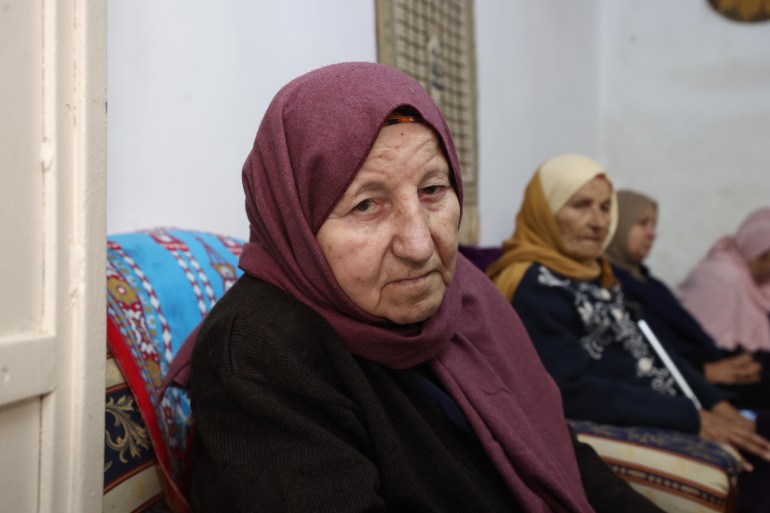
“Even in his early school years, he avidly followed the news, had a keen interest in politics and his cultural pursuits were reflected in his office.”
Others in town also remembered him fondly. A classmate, Nasser Abdel Karim, 58, told Al Jazeera how they played together at school and went to mosque together for prayers.
Hebron
In Hebron, also in the West Bank, the strike emptied the streets on Wednesday morning as shopkeepers heeded the call to close their businesses and people stayed home.
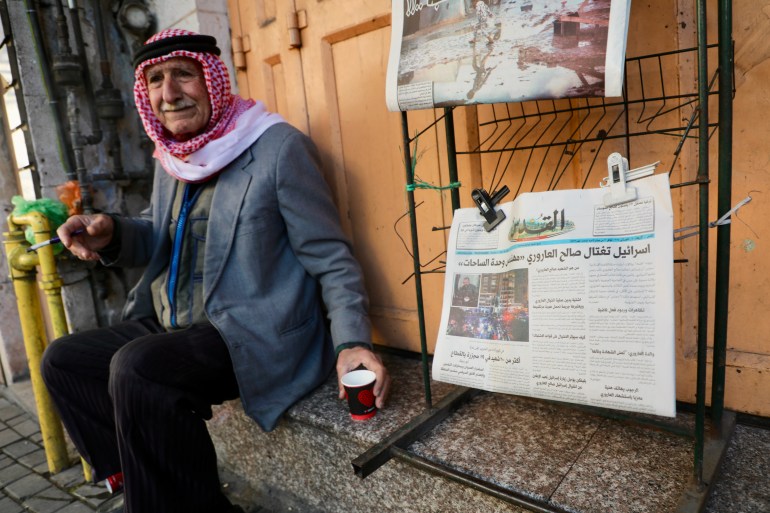
Later, demonstrators filled the streets, waving flags and chanting against Tuesday night’s attack.
Al-Arouri had a long association with Hebron, political activist Mufid Al-Sharbati, 53, told Al Jazeera.
For Al-Sharbati, the killing of al-Arouri took aim at the struggle against the Israeli occupation of Palestine.
His hope, he said, was that the Palestinian people carry on their resistance and all the Palestinian factions reconcile for the greater good.
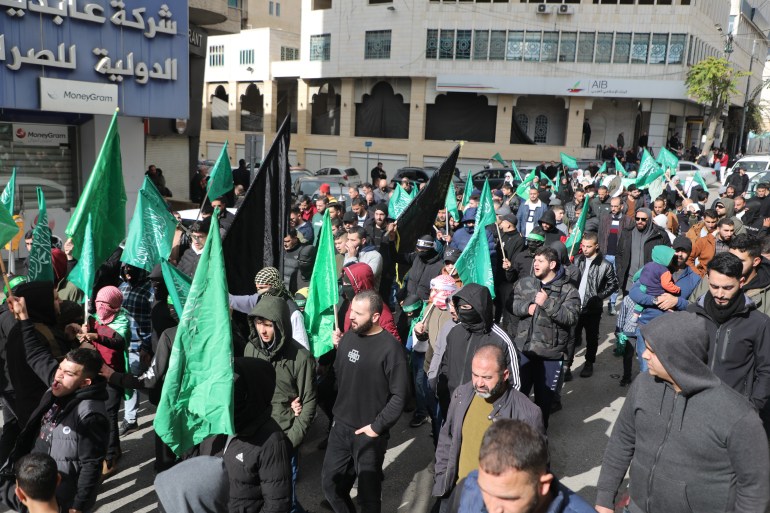
Killing national leaders would only spur greater acts of Palestinian resistance, Majd Tamiza, 22, said.
Others, like 40-year-old barber Suhail Nasser Al-Din, urged a Lebanese response to the killings, saying groups like Hezbollah should respond to the assassination of a Palestinian national on Lebanese soil.
Hamas has blamed Israel for the drone strike, but its government has not claimed responsibility for the killings, which have sparked fears that the war in Gaza will expand into a regional conflict.
Nablus
The situation was similar in Nablus, where an eerie quiet ruled the streets in the morning.
People on the streets were few and far between, but several stopped to speak to Al Jazeera about what the slain men meant to them in spite of the fact that they belonged to Hamas, which is seen by many as a rival to the Fatah movement, which governs parts of the occupied West Bank while Hamas governs the Gaza Strip.
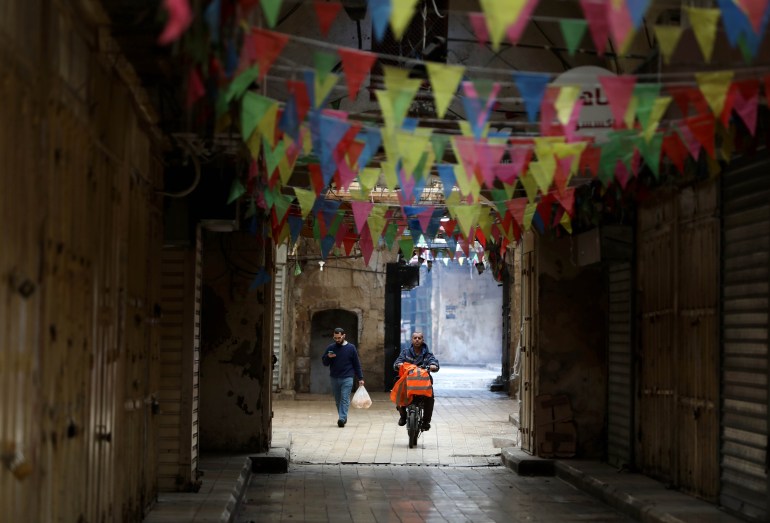
Referring to al-Arouri, Tayseer Nasrallah, a member of the Revolutionary Council of the Fatah Movement, said: “I admire Sheikh Saleh’s stances and unionist positions. His poise and how calm and articulate he was earned him significant respect among Fatah members, not just within Hamas.
“[He] prioritised the Palestinian cause over party affiliations. His loss is deeply felt by patriots and the Palestinian people.”
“The Palestinian people realise that the path to liberation is through resistance. Sheikh Saleh al-Arouri … was a dedicated fighter for the liberation of the homeland,” said Ismat Shakhshir, a member of the General Secretariat of the General Union of Palestinian Women.
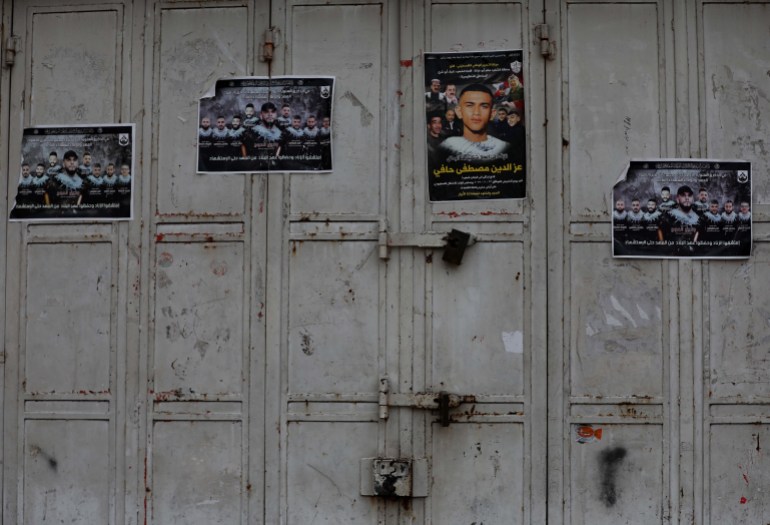
“The general strike expresses our mourning over his death while condemning the cowardly method of his assassination,” she added.
“The inability of the occupation to make headway in Gaza has led to desperate measures like these.”
Hanan Barghouthi, who has been detained by Israel, said she was deeply sorry for al-Arouri’s death but she believed the Hamas movement would remain resilient and continue to grow because of its commitment to its cause.
